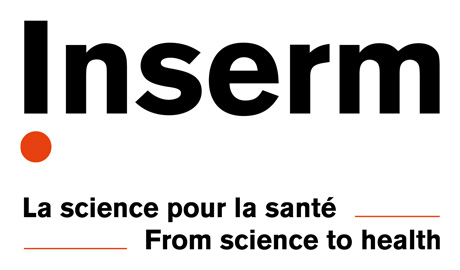





Type of contract CDD
Location Nijmegen,
Statut Available
Key Words
Details of the offer
Type of job
Type of contract CDD
Application deadline
Employment start date
Contact
To apply, please submit via this link in our recruitment portal:
For enquiries, please contact the secretariat at the Language & Genetics Department
KEY WORDS | language, modeling, neuroscience |
CITY | Nijmegen (Netherlands) |
COUNTRY | France |
DETAILS OF THE OFFER | Working place: Max Planck Institute (research group of Simon Fisher) Missions: We have identified multiple rare gene disruptions that cause speech and language disorders in human neurodevelopmental syndromes. You will lead specific projects within a broader ongoing research programme that investigates the neurobiological consequences of such gene disruptions (in FOXP1/2/4, CHD3, SETBP1 among other genes) in human cell models grown in the lab. This programme adopts the latest human cell-culture techniques (stem-cell derived 2D and 3D neuronal models), CRISPR/Cas-based gene editing, single-cell and spatial transcriptomics, and other state-of-the-art methods of the field. You will carry out your work in our custom-built molecular biology laboratories at the Max Planck Institute, which has its own cell-culture facilities, an advanced microfluidics system for high-throughput single-cell analyses, and dedicated histology and microscopy suites, including a confocal microscope with live cell-imaging capabilities, as well as a slide scanner for high-throughput imaging. These resources are complemented by bioinformatic expertise within the department, excellent in-house infrastructure for data analysis supported by a central technical group, and close collaborative links with the Human Genetics department of Radboudumc, on the same campus, as well as clinical colleagues around the world. You will be involved in supervising junior scientists, including students and research assistants, and writing up findings for publication, and will have opportunities to present your work at (inter)national workshops and conferences. Qualifications: You are a research scientist who holds, or shortly expects to obtain, a PhD in a field that has given you extensive wet-laboratory experience, including hands-on work with human stem cell-culture models. Previous experience with generating and characterizing stem-cell derived 2D neuronal cultures or brain spheroids/organoids is necessary. Expertise in a range of molecular and cell biological methods is also essential. Familiarity or experience with gene-editing (e.g. via CRISPR/Cas), single-cell transcriptomics/epigenetics (and related bioinformatic analyses), and/or assays of neuronal properties (e.g. differentiation and maturation, morphology, activity) will be an advantage. You have a critical and careful approach to laboratory work and record keeping, and you strive for robustness and reproducibility of results. You are organized and adept in communicating project plans and outcomes to others, in both spoken and written form. You are interested in working together with researchers from a wide range of backgrounds. |
TYPE OF JOB | Postdoc position |
TYPE OF CONTRACT | CDD (Temporary / 3 years) |
REMUNERATION | Between EUR 4,628.76 and EUR 6,635.44 gross per month |
APPLICATION DEADLINE | 9 JAN 2024 |
EMPLOYMENT START DATE | FEB 2024, but start date is negotiable |